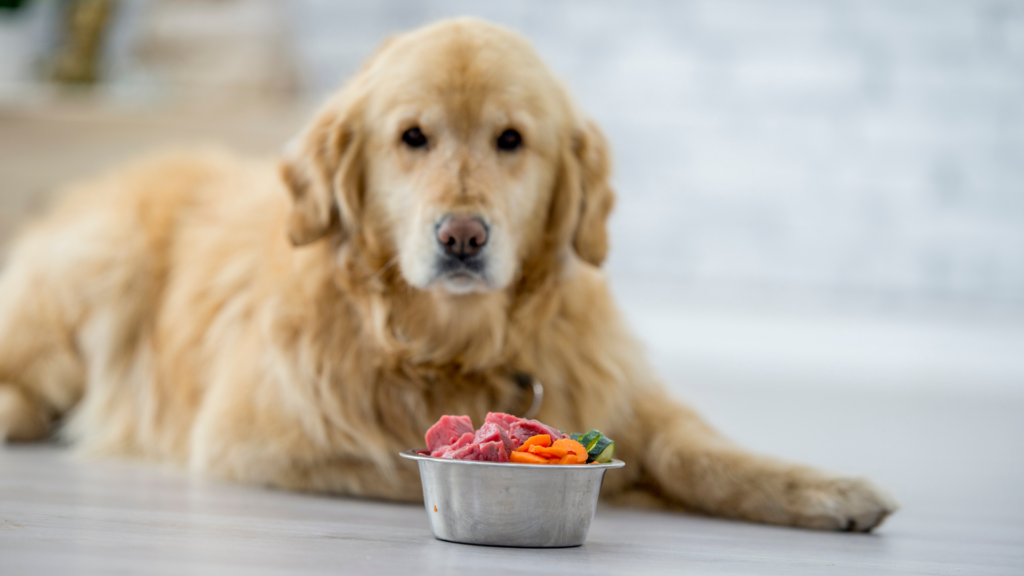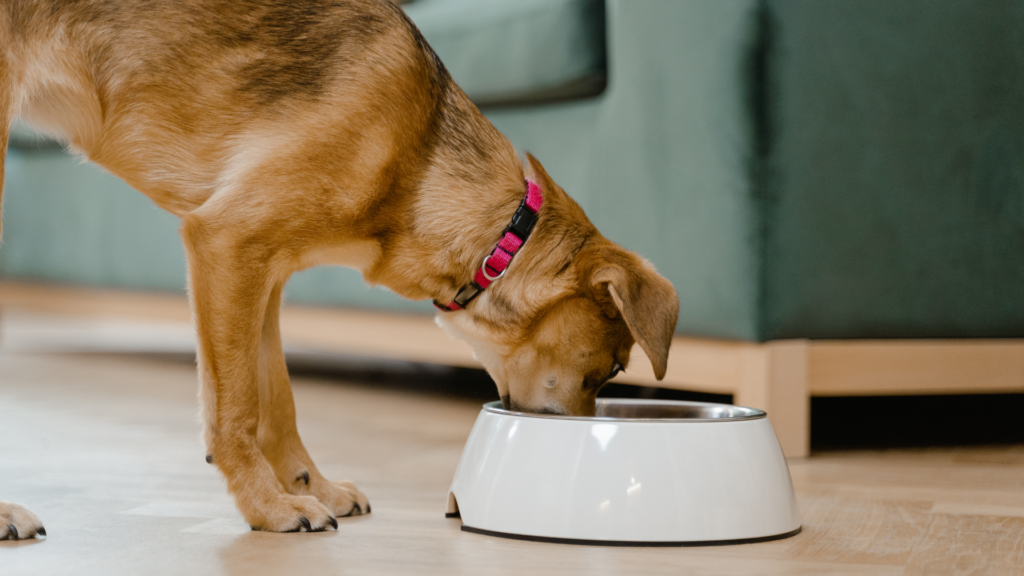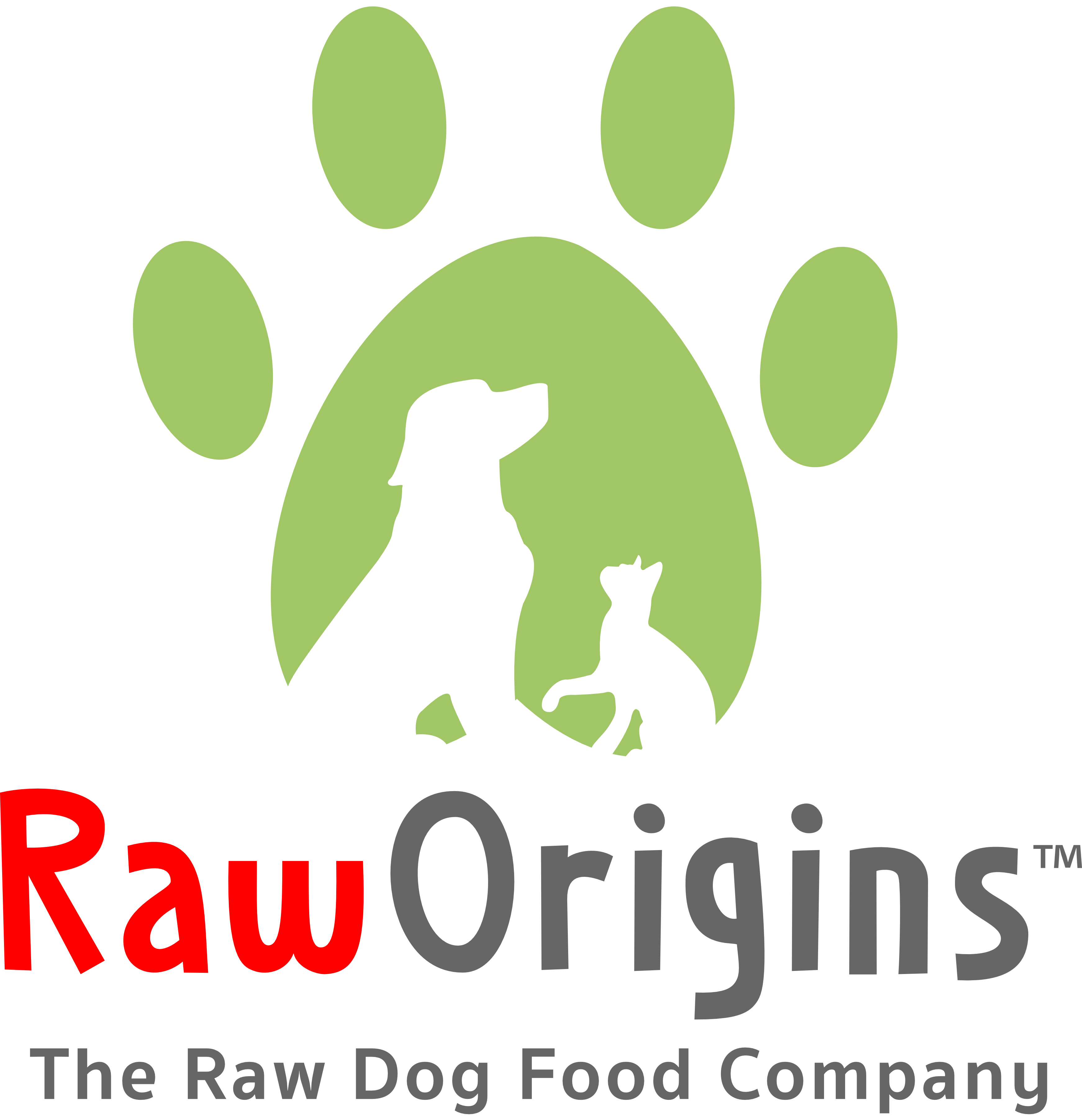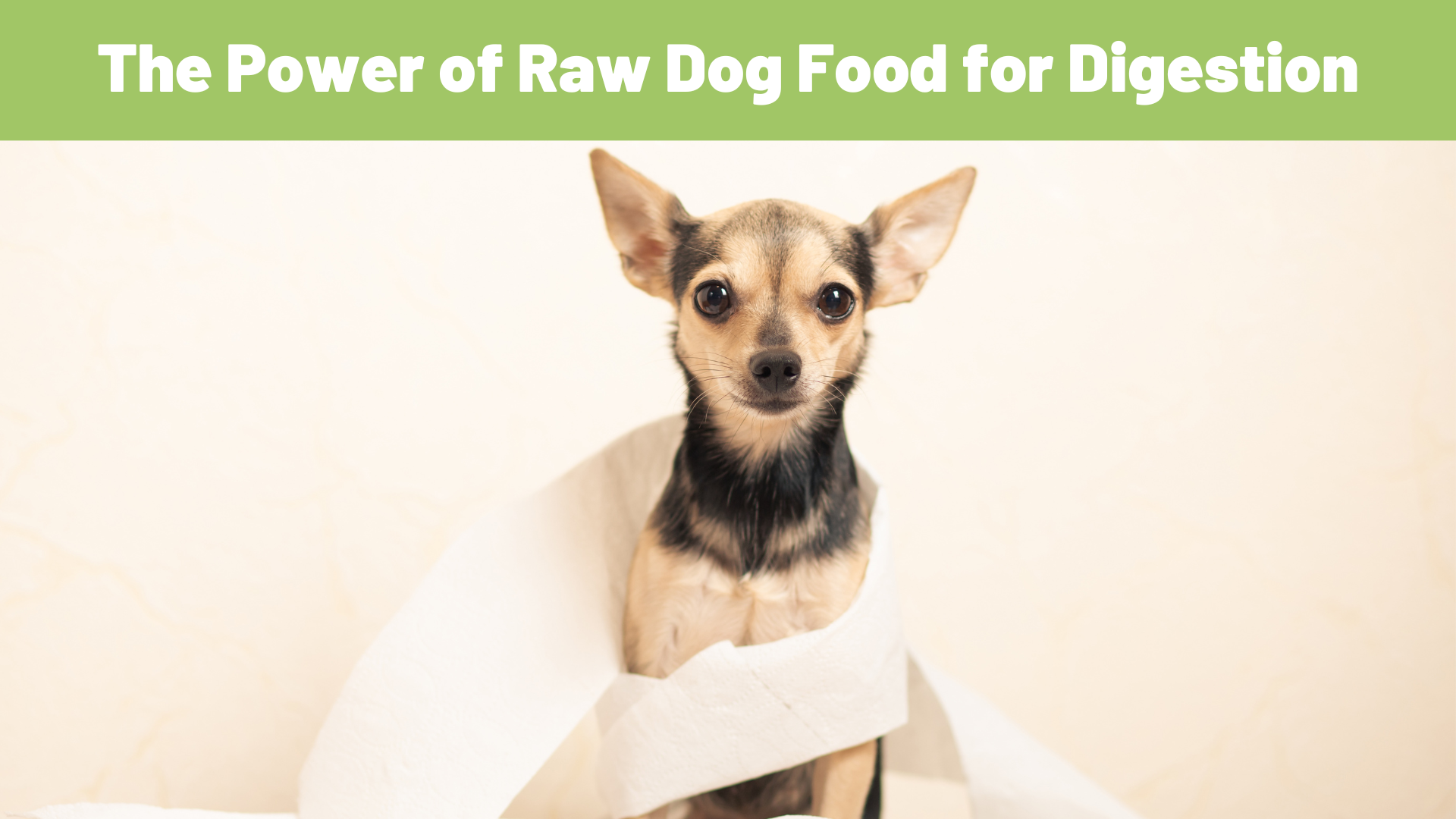In recent years, pet owners have become increasingly conscious of their furry companions’ dietary needs. Among the many trends in pet nutrition, the raw food diet for dogs has gained significant attention. Advocates claim that feeding dogs raw food can lead to numerous health benefits, particularly in digestive wellness. In this article, we’ll explore the potential advantages of raw dog food and how it can contribute to enhancing your furry friend’s digestive health.
Understanding the Raw Dog Food Diet
The raw dog food diet consists of feeding dogs uncooked meat, bones, fruits, and vegetables. Proponents of this diet believe that raw food closely mimics what dogs would eat in the wild, thus promoting better digestion and overall health. Raw food diets typically include ingredients like raw meat (such as beef, chicken, or fish), organ meats, bones, eggs, fruits, and vegetables. These ingredients are often served in their natural state, without any cooking or processing.

Enhancing Digestive Wellness
Improved Nutrient Absorption: Raw dog food contains natural enzymes and nutrients that can aid in better digestion and absorption. Enzymes present in raw meat help break down proteins, making it easier for dogs to absorb essential amino acids and other nutrients.
Balanced Gut Flora: A diet rich in raw foods can promote a healthy balance of gut flora in dogs. Raw fruits and vegetables contain fiber and prebiotics that support the growth of beneficial bacteria in the gut, leading to improved digestion and nutrient absorption.
Reduced Risk of Food Sensitivities: Commercial dog foods often contain additives, fillers, and artificial ingredients that may trigger food sensitivities in some dogs. By feeding a raw diet free from these additives, pet owners may help reduce the risk of digestive issues and food intolerances.
Healthy Weight Management: Raw dog food diets are often higher in protein and lower in carbohydrates compared to processed dog foods. This macronutrient profile can support healthy weight management and reduce the risk of obesity-related digestive issues such as pancreatitis or inflammatory bowel disease.
Transitioning to a Raw Diet
Transitioning your dog to a raw food diet should be done gradually to avoid digestive upset. Start by introducing small amounts of raw food alongside your dog’s regular diet and gradually increase the portion of raw food over several weeks. Monitor your dog’s stool consistency and overall well-being during the transition period, and consult with a veterinarian if you have any concerns.

Incorporating raw dog food into your furry friend’s diet can offer several potential benefits for digestive wellness, including improved nutrient absorption, balanced gut flora, reduced risk of food sensitivities, and healthy weight management. However, it’s essential to transition gradually, practice proper hygiene, ensure nutritional balance, and consider potential risks associated with bacterial contamination and bone safety. By harnessing the power of raw food, you can provide your dog with a diet that supports their digestive health and overall well-being. Get updated knowledge on how to feed raw, discounts, coupons, and holistic rearing at www.RawOrigins.pet.

